On this page you can see all the Icelandic courses UW has to offer. The corse's uniqueness lies in the location. Ísafjörður is a small town, but has many amenities of a larger town, like a cinema, restaurants, music school, pool, sport facilities, choir and much more. The courses take advantage of this and visit many places and chat with locals, who are very helpfull in assisting Icelandic students. The teachers of the courses believe that is the best way to learn a language. In the classrooms, students get tools for the language but learn to use it in the community.
We offer a variety of Icelandic courses at various levels, in accordance to the Common European Framework of References for Languages (CEFR), from A1 level (beginners) to B2 level (advanced).
Please note that the courses offered each year may vary, so please check the course schedule for the most up-to-date information and to ensure availability.
The icelandic courses
Beginners A1 (crash course)
Duration: 5 days
Hours: 35-40
Course material: included
Emphasis on: everyday vocabulary, simple grammar
Not taught in 2026
The University Centre's 5 day crash course is a short and intensive beginners course in Icelandic language and culture and is designed to meet the needs of people who want to learn Icelandic the fast way. The course is all about getting to know the Icelandic language without formal grammar teaching. Students are taught basic Icelandic vocabulary through various lectures and exercises. The course is around 35-45 hours in total with each class around 45 minutes. The course is taught both in summer and winter and gives a good base for further Icelandic learning. It is also set up in such a way that students can start to use Icelandic right away, since the key to language learning is to use the language.
The focus is on everyday vocabulary and simple and practical grammar. Students do not need to have previous knowledge of Icelandic grammar. The course material is aimed at everyday use, like ordering food or drinks, or talking about the weather in the hot pot. Students also get an introduction to Icelandic society and learn about pronounciation, reading Icelandic and listening in an easy way. There are no requirements for the course but students are encouraged to prepare themselves by taking the free Icelandic Online course beforehand.
Beginners A1-A2
Duration: aprox 2 weeks in summer 2026
Hours: 55
Course material: included
Emphasis on: vocabulary, simple grammar, culture, speaking, pronounciations and writing.
The University Centre's Beginner's course is an intensive three week course in Icelandic language and culture. It is especially designed to meet the needs of people who want to learn as much Icelandic as possible in a short amount of time, while experiencing life in a small Icelandic town, which is an especially pleasant way to get a feeling for both Icelandic society and language. The course prepares language students for daily life in Iceland, whether you are a foreigner who lives here or like to visit Iceland as a tourist. The course includes approximately 75 hours of varied and interesting instruction; in- and outside of the classroom.
Students are taught basic Icelandic vocabulary and grammar through lectures, conversation exercises, pronounciation exercises as well as cultural activities. Students achieve reading and writing skills up to CEFR level A1-A2. We recommend students to prepare for this course by completing the free online course Icelandic Online Bjargir (sign up required).
Please note that if registration for this course is lower than 6 participants, the classes will be fewer but more individualistic.
During the summer of 2026 the A1/A2 course will start on sunday evening July 26th with an introduction and short test to determine which group students will join, A1 or A2.
Intermediate B1
Duration: aprox 2 weeks
Hours: 55
Course material: included
Emphasis: added vocabulary, structure of the language, participation in Icelandic society in Ísafjörður
The University Centre's Intermediate course is especially designed for people who want to improve their prior knowledge of Icelandic and at the same time experience the life in a small Icelandic town. This two-week intermediate course will take your Icelandic skills to the next level.
Students learn how to build up their Icelandic vocabulary in an effective way and will deepen their understanding of the structure of the language through lectures and exercises. Participating in everyday life in a small town in the countryside is an especially pleasant way to get a feeling for Icelandic society.
The 2-week intermediate course covers reading, writing and conversation skills up to CEFR level B1 and includes approximately 55 hours of varied and interesting instruction. The course location is the University Centre of the Westfjords in Ísafjörður.
Language of teaching is mainly Icelandic. The teacher will however use English as an assisting language to explain difficult contents, as for instance grammar questions.
Advaned B2 (winter)
Duration: 1 week
Hours: 35-40
Course material: included
Emphasis on: listening, reading, conversations, talking, writing. Teaching is mostly in Icelandic.
Not taught in 2026
The University Centre offers a one week advaned B2 course in winter. The course is designed to meet the needs of students who are further into their Icelandic studies and want to add their current knowledge. The course takes place in Ísafjörður and the location is used in many ways in the course. The course is also close to Easter, the skii-week and the music festival Aldrei fór ég suður. It is a perfect opportunity to learn Icelandic and visit the lively town of Ísafjörður during one of its most fun and vibrant week.
The course uses the CERF level, and students learn to listen, read, have conversation, talk and write, in Icelandic. The whole course is taught in Icelandic so it is crucial that participants have a good grasp of the language and can have a conversation in Icelandic if they wish to take this course. For example, students would need to mostly understand news in Icelandic and to be able to read for fun.
There is an emphasis on vocabulary, where students will read chosen texts from news articles, books and poetry. Like in other Icelandic courses at UW, the material will relate to the Westfjods and Ísafjörður, in regards of the culture, history and nature of the area. The teaching takes the form of lectures and conversations in the classroom, but there will also be fieldtrips where students visit local places, listen to presentations, and talk and write about them afterwards with help from the teachers. Students also get homework and watch Icelandic films with Icelandic subtitles, with their teacher. There will not be to much emphasis on grammar, but there will be some grammar taught, relevant for this language level.
Advaned B2 (summer)
Duration: 5 days
Hours: 30
Course material: included
Emphasis on: listening, reading, conversations, talking, writing. Teaching is mostly in Icelandic.
The University Centre offers a 5 day advaned B2 course in summer. The course is designed to meet the needs of students who are further into their Icelandic studies and want to add their current knowledge. The course takes place in Ísafjörður and the location is used in many ways in the course.
The course uses the CERF level, and students learn to listen, read, have conversation, talk and write, in Icelandic. The whole course is taught in Icelandic so it is crucial that participants have a good grasp of the language and can have a conversation in Icelandic if they wish to take this course. For example, students would need to mostly understand news in Icelandic and to be able to read for fun.
There is an emphasis on vocabulary, where students will read chosen texts from news articles, books and poetry. Like in other Icelandic courses at UW, the material will relate to the Westfjods and Ísafjörður, in regards of the culture, history and nature of the area. The teaching takes the form of lectures and conversations in the classroom, but there will also be fieldtrips where students visit local places, listen to presentations, and talk and write about them afterwards with help from the teachers. Students also get homework and watch Icelandic films with Icelandic subtitles, with their teacher. There will not be to much emphasis on grammar, but there will be some grammar taught, relevant for this language level.
Course material
All the material for the courses is provided by the teachers and it is included in the price of the course. You will receive the material upon arriving at the University Centre of the Westfjords. It is reccomended that students bring their own laptops and their own dictionary.
Prerequisites
Language learning is an individual endeavor and different for everyone. Students should evaluate themselves what course can be beneficial to their progress in learning Icelandic and apply accordingly. Please inform yourself about the Common European Framework of References for Languages (CEFR) and check out the self-assessment grid in order to profile your language skills. If you are unsure as to what course you should apply to, please contact us.
The only prerequisites are for the "Beginner A1" and Beginner A1-A2" courses. Students are asked to complete the free online course Icelandic Online Bjargir (registration required). In order for you to gain the most from our Icelandic course it is recommended you come prepared. The teachers of A1 and A1-A2 will use the free online course as part of teaching.
Confirmation of participation (voluntary exam)
All participants receive in the end of the course a confirmation of participation. However, some of the participants need a graded certificate. For that reason, we have developed a voluntary exam in four competencies: Reading comprehension, writing, listening comprehension and communication. Students that want to take the voluntary exam need to sign up for it in advance and pay a fee of 7.500 ISK. The test will be offered on the last day of teaching.
Reviews
Student review
I signed up for Háskólasetur Vestfjarða’s two-week Icelandic 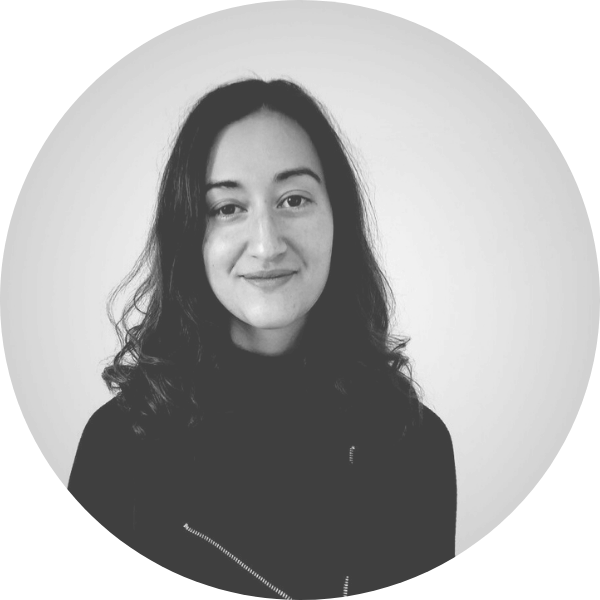 immersion program as a Hail Mary pass after my five-year anniversary in Iceland came and went and I couldn’t even communicate like a five-year old. On the first day of the course, our teacher Óli assured us that the classroom, and the town of Ísafjörður, was a judgment-free zone and encouraged us to make mistakes. In short, he gave us permission to speak Icelandic imperfectly. I immediately felt the tension in the room lift. There would be no perfectionism here; we were going to mess up and explore. He taught us grammar with enthusiasm and sandwiched it in between discussions on Icelandic film, music, and literature.
immersion program as a Hail Mary pass after my five-year anniversary in Iceland came and went and I couldn’t even communicate like a five-year old. On the first day of the course, our teacher Óli assured us that the classroom, and the town of Ísafjörður, was a judgment-free zone and encouraged us to make mistakes. In short, he gave us permission to speak Icelandic imperfectly. I immediately felt the tension in the room lift. There would be no perfectionism here; we were going to mess up and explore. He taught us grammar with enthusiasm and sandwiched it in between discussions on Icelandic film, music, and literature.
From morning until night my classmates and I spoke, listened, and lived in Icelandic. We ordered “fjóra stóra bjóra” at Dokkan Brewery and listened to Mugison at a sold-out concert. On “Icelandic speed dating night,” we practiced speaking with locals who encouraged us on our language journey. Emboldened by signs around town—in cafés, the swimming pool, the library—that marked spots for language learners to practice, I let my bad Icelandic out into the world.
What the program had in abundance was generosity: Gunna Sigga woke up early one morning to make the entire class a fresh batch of pancakes, Peter answered our grammar questions with more than “af því bara,” and Annska took us on a walking tour of Ísafjörður and introduced us to the music of the Westfjords. And yes, we listened to lots of Bubbi. After two weeks I was confident enough to speak Icelandic and, more importantly, was inspired to continue learning. (click here for Michelle's full article.)
Coverage on national television
Previous teachers
Eiríkur Sturla Ólafsson
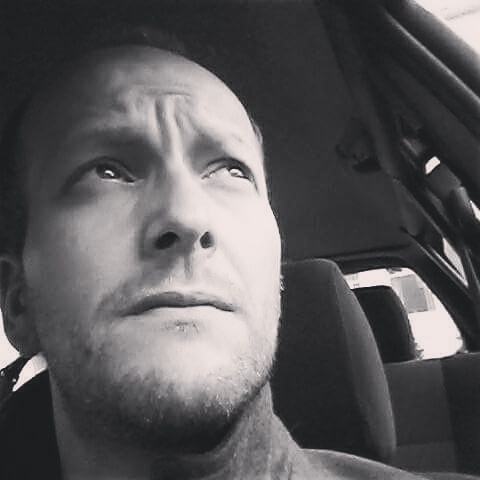
Eiríkur Sturla Ólafsson has a BA degree in German and history and a MA degree in translation studies. He studied in Reykjavík, Cologne and Berlin and finished his studies in 2005.
He is a bit of a geek when it comes to languages and especially grammar, and is particularly interested in Latin, German, Icelandic (of course), Japanese and etymology.
Eiríkur (or Eiki as most people call him) has been teaching Icelandic as a foreign language since 2007 when he started teaching in Zurich, Switzerland. After teaching in Berlin for 6 years, he moved to China and has been teaching there at the Beijing University of Foreign Studies for the past 8 years.
Alongside his teaching duties, Eiki likes sports, travel journalism, translations and writing. He takes his swimming very seriously and doesn't understand people who soak in the hot tub instead of taking laps at the pool.
Kolfinna Jónatansdóttir
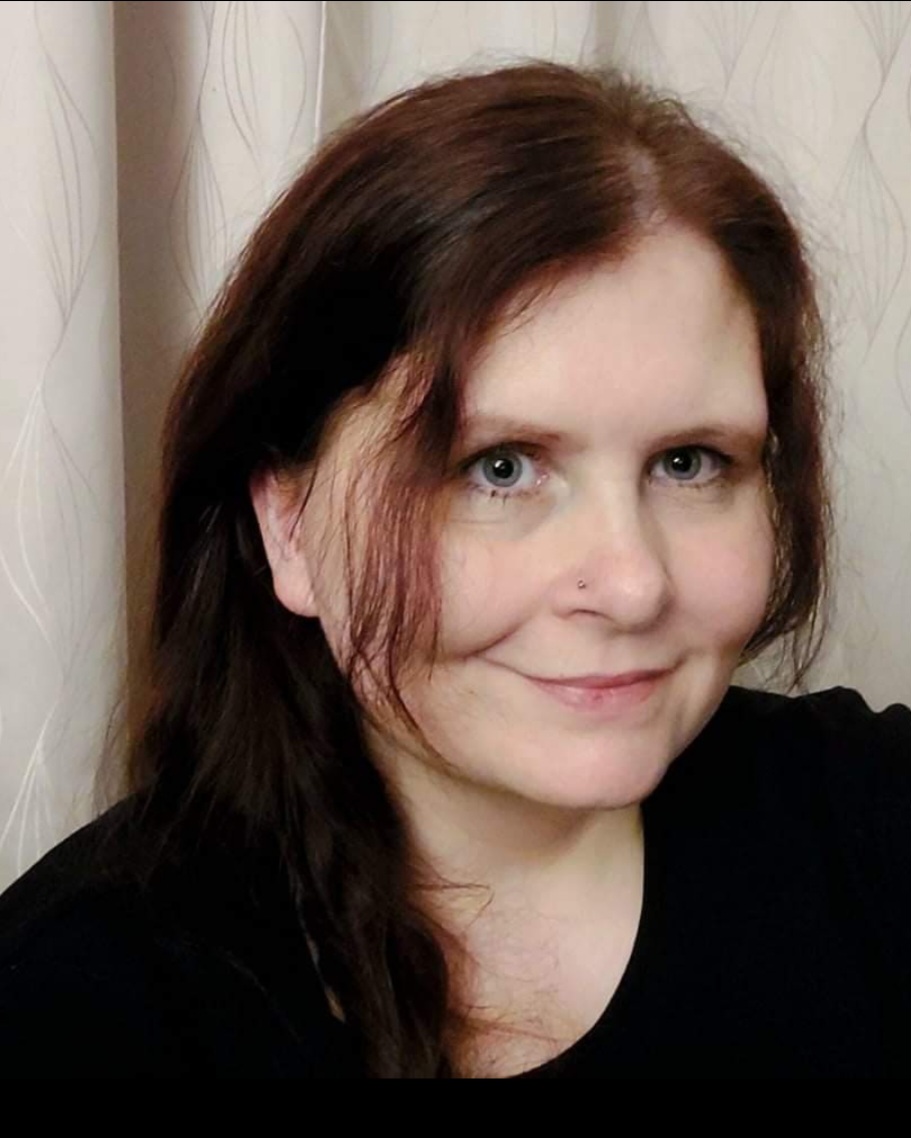
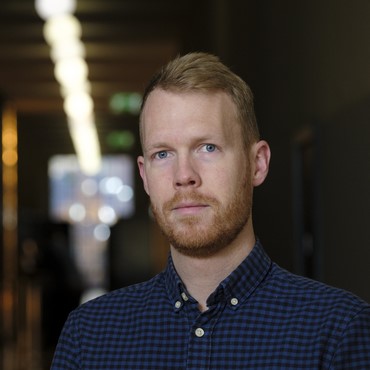
Marc Daníel Skipstað Volhardt is a linguist from University of Iceland. He has studied at the Universiry of Copenhagen in Denmark, and the University of Tromsø in Norway. His speciality is phonetics, phonology, the Nordic countries, Nordic languages, dialects and indigenous languages. He has also conducted research in Mexico on the Otomí language and teaches Icelandic and Danish as a second language, Scandinavian studies and general linguistics at the University of Iceland. HÍ. In his freetime he likes travel, photography, nature, and his favorite cup of coffe is the brewed coffe at gas stations.
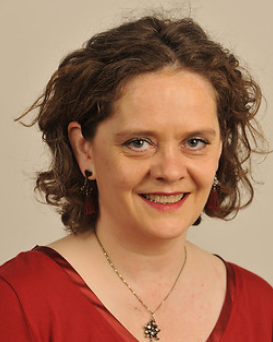
María always prefers to speak Icelandic and makes it a point to speak it at every opportunity with anyone who has ever lived here. She is very interested in languages in general, but prefers to talk about them rather than speak them herself. Her favorite language is Faroese.
Ólafur Guðsteinn Kristjánsson
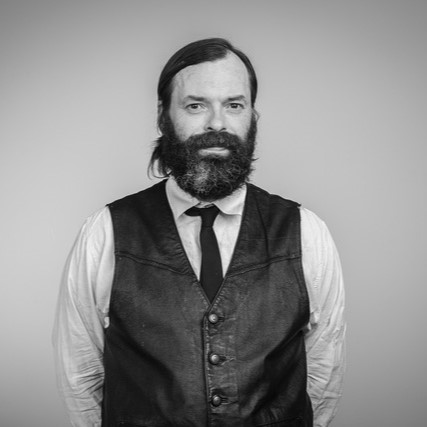
Ólafur Guðsteinn Kristjánsson has a long history and experience teaching Icelandic as a second language. He has taught in many schools and establishments through the years and has been teaching at the University Centre since 2010, and for the SIT field school since 2014. He also teaches Icelandic as a second language at the University of Iceland and he is currenty the coordinatior of Icelandic courses at the University Centre.
He is an enthusiastic teacher who likes curious students, and he can explain everything the wish to know, be it irregular verbs or Icelandic music.
Salome Lilja Sigurðardóttir
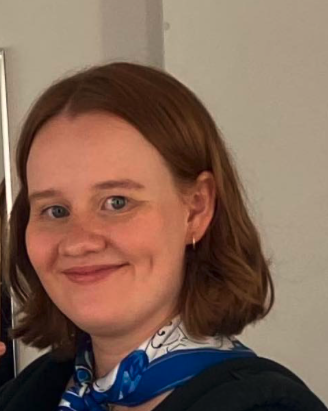
Salome Lilja Sigurðardóttir (b. 1996) holds a BA and an MA degree in General Linguistics from the University of Iceland. She has taught Icelandic as a second language at the University of Iceland since 2023. She has studied abroad in Germany, the United States, and Taiwan. She is interested in languages, travel, outdoor activities, and cooking.
Ugla Egilsdóttir
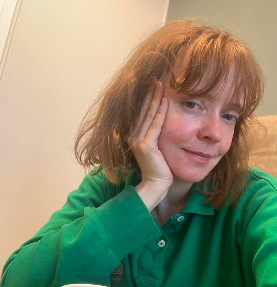
Ugla Egilsdóttir has a BA degree in French and Icelandic from the University of Iceland. She also completed studies in Theory and Practice from the Iceland Academy of Arts in 2011. She has been an exchange student in Malaysia, France, and Norway. She has taught Icelandic as a second language in summer courses at the University of Iceland for three summers. She is currently doing her master's degree in writing at the University of Iceland.
Vaida Bražiūnaitė
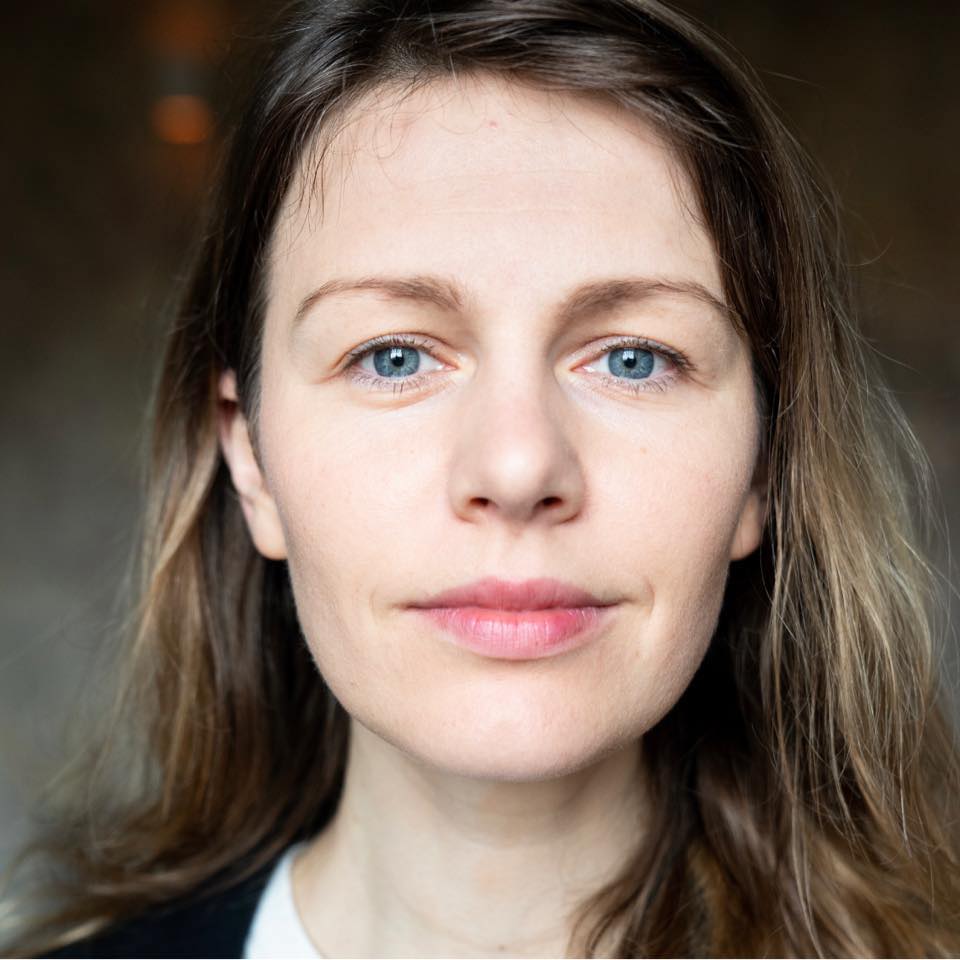
Vaida Bražiūnaitė is originally from Lithuania but she has lived in Iceland for 11 years. Vaida has a BA degree in Information Science from the Vilnius University. and a master's degree in Visual Anthropology from Tromsø University in Norway. In 2024 she finished her BA at the University of Iceland in Icelandic as a second language. Vaida is teaching Icelandic for beginners at the Life Long Learning Center and and the University Centre of the Westfjords. She will also start as an Icelandic teacher at the local high school in the fall of 2024.
Vaida is convinced that everyone has a story to tell. For that reason she collects stories. Her interest lies in creating spaces and opportunities to share personal and everyday experiences. Currently, she has a very keen interest in immigrant stories and Icelandic literature by foreign authors. Vaida believes that every single person has a poet inside of them, and in the Icelandic course she teaches at UW, she wants people who are learning Icelandic to play around with the language to find its beuty.